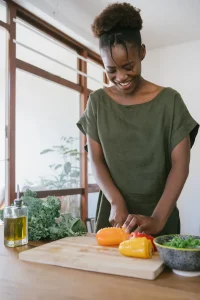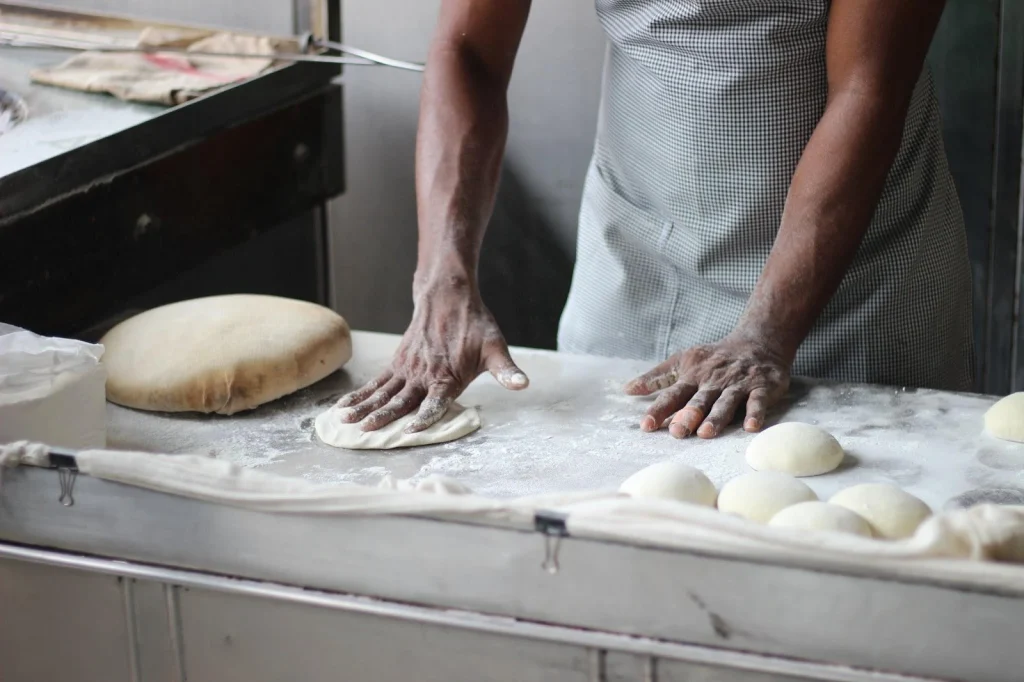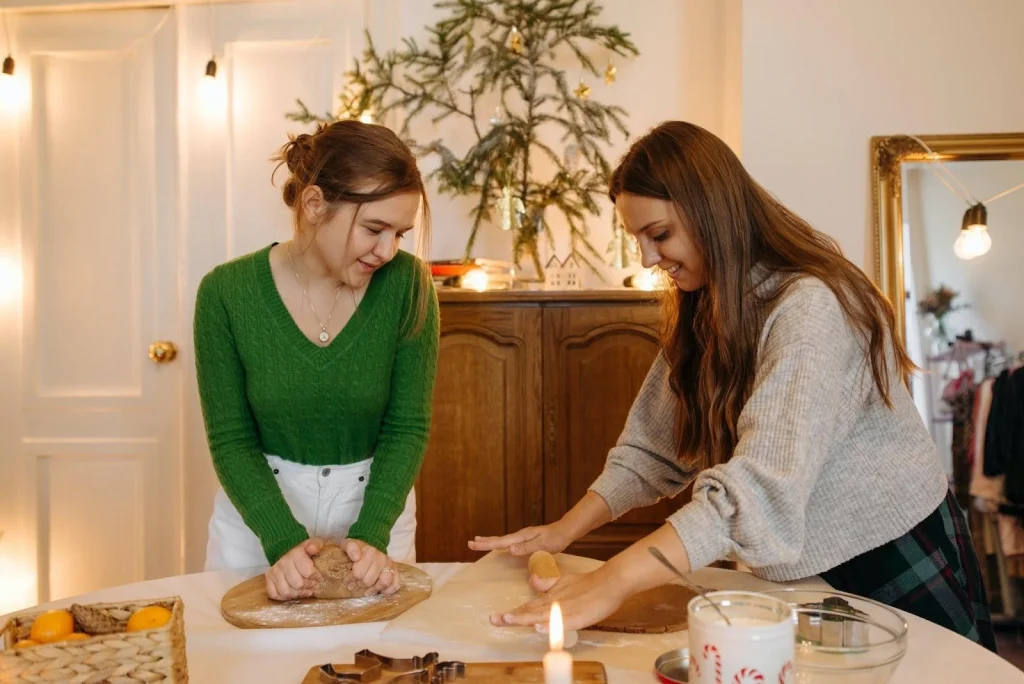Regardless of whether you are cooking at home for your family and friends, or in a more professional setting, you always need to make sure that you are being as safe as possible. In fact, there are plenty of elements to food safety that you need to be aware of, and which we should all consider when cooking. But if you have not looked into this before, you might not be aware of them or how to put them into practice.
In this post, we will aim to help with that, by discussing all of the essentials of food safety that you need to be aware of. As long as you remember the following, you should find that you are keeping everyone much safer with your cooking.
Use High Quality Produce

This is a really simple thing you can do to ensure your cooking is much healthier and less likely to cause illnesses. The better quality the produce that you are using is, the more likely it is to be healthy, and not to have bacteria and insects and so on. The question that you might be wondering about is: how can you determine whether produce is high quality or not?
This is not always straightforward to figure out. But one way is to make sure you are buying your produce from a reliable supplier or vendor. If you feel you can trust the supplier, it means that you are going to be a lot more likely to have good quality produce. And that will mean safer cooking all around.
Wash Your Hands
The hands are the main place where you will spread bacteria and viruses around. That’s why washing your hands when you cook food is so important. The most important, perhaps, is to wash your hands before you start cooking. That way, you will rinse away most of the germs that you might have been harboring, and then it is safe to start cooking. However, that is not the only time that you should wash your hands when you are cooking meals.
You should also wash them when you have handled fresh poultry, because that has a particularly high chance of spreading diseases. And it is a good idea to wash your hands again at the end of cooking and before eating, too. Of course, it’s also important to wash your hands with a good technique, because otherwise you might not be making them as clean as you would hope.
Clean Surfaces
You should also make sure you are cleaning any and all surfaces you use for cooking. If the surfaces are not clean, it is going to mean that you might be spreading bacteria around, and before you know it one of your guests will be going to https://drhouse.com/can-you-buy-amoxicillin-over-the-counter/ to find some help. To avoid getting anyone ill, make sure that you thoroughly clean every work surface you intend to use.

As above, you also need to clean surfaces in between being used for different purposes. So if you are preparing fresh meat on a surface, you should make sure it is thoroughly cleaned before using it to prepare some vegetables. That is just an example. Of course, if you have the space and means, it is best if you have different surfaces and tools for the different kinds of food too.
Observe The Cold Chain
This is something that is always taught in the professional industries surrounding food, but it’s also something you might want to think about at home when you are preparing food of any kind. The cold chain refers to keeping cold produce that is meant to be cold. In essence, the idea is that you should not keep anything out of its intended temperature for longer than twenty minutes, unless it is because you cooked it.
So any items that should be stored in the fridge should not be removed from there for twenty minutes or more, and so on. Observing this rule is a really simple but important way to make sure you minimize the chances of causing anyone any harm with your cooking. See https://www.foodmanufacture.co.uk/Article/2022/09/07/Refrigeration-Challenges-and-innovations-in-the-UK-cold-chain for more on the cold chain.
Avoid Using Additives
It can be tempting to use additives in food, and there are numerous purposes they serve. The most common one is to help make food last longer using a preservative. These are not inherently dangerous, but if you do use one, you should make sure it is a recognised and legally acceptable one, because otherwise there is a considerable chance of it potentially causing some harm to people. However, you are probably unlikely to use additives at home anyway. But if you do, make sure that you choose them carefully.

Cook Meat Properly
When you are cooking with meat, you do of course need to make sure that you are cooking it properly and thoroughly. This is vital for ensuring that it doesn’t lead to any illnesses, because that can be a really common thing to happen. How to cook meat depends on the specific meat you are using. For instance, beef is often safely cooked with some pink left in the middle, whereas when you are cooking chicken you must ensure that no trace of pink remains, otherwise you might inadvertently spread salmonella or something similar.
As long as you cook meat properly, you should find that you are keeping your cooking a lot safer, so this is a really simple thing to try and bear in mind.
Catch Sneezes
Finally, if you need to sneeze when you are cooking, be sure to catch them properly, so that they don’t get into the food. If your hands are full, sneezing into the inner elbow is generally considered the safe way to go. And of course, ideally, you should sneeze into a tissue and then safely and properly discard it.
If you do those things, you are going to have a much safer approach to cooking, and you and your guests are going to remain healthy for longer.

I’m Eshé the lady behind the blog. That’s me cooking on the set of The Hairy Bikers. I LOVE food and I don’t mean I really like it. I mean my whole world revolves around it.

